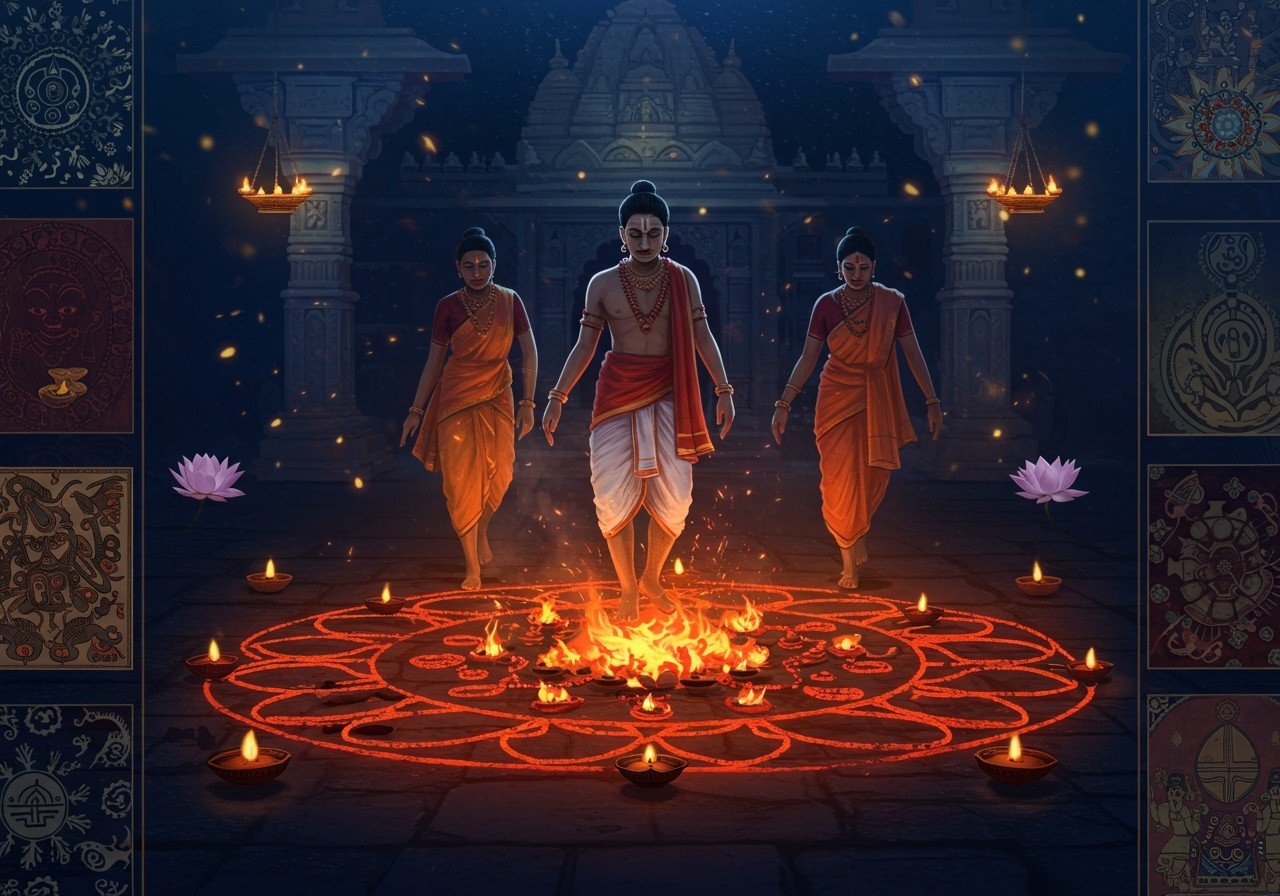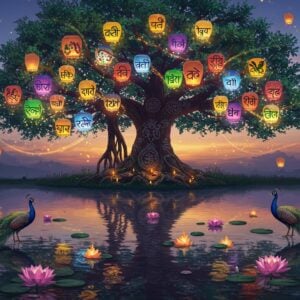
Firewalking, a timeless tradition spanning millennia, captivates our imagination and stirs our spirits. Across the globe, diverse cultures embrace this practice, walking barefoot over glowing embers, each step imbued with profound meaning. This blog invites you to explore the historical significance, cultural nuances, and spiritual essence of firewalking, offering a glimpse into this extraordinary human experience.
A Walk Through Time: Firewalking’s History
Firewalking’s roots reach far back into antiquity, with evidence found in diverse civilizations. Its purpose often intertwined with religious ceremonies and purification rituals. The ancient Greeks linked it to the goddess Demeter, while in Japan, Shugendo practitioners tread upon hot coals as a test of spirit. This historical tapestry reveals firewalking’s remarkable journey and its adaptation across various societies. The symbolism of fire as a purifying element remains central to many traditions.
Pinpointing the exact origin of firewalking remains a challenge due to its widespread presence. Some believe it emerged independently in different cultures, possibly as a rite of passage or initiation. Hindu mythology connects it to the goddess Draupadi, while the practice’s spread may be attributed to cultural exchanges along ancient trade routes. Despite the variations, the core values of courage, faith, and unwavering perseverance thread through firewalking traditions worldwide.
Embers of Faith: Origins and Global Traditions
Firewalking reflects the rich cultural mosaic of civilizations across the world. This ritual of walking barefoot over hot embers embodies bravery, faith, and spiritual transformation. Its existence across diverse cultures underlines the common human values expressed through unique customs.
Firewalking in India: A Sacred Dance with Devotion
In South India, firewalking holds a significant place in religious festivities. During the Thimithi festival, typically held in July or August, devotees walk over burning coals as a tribute to the goddess Draupadi. This act of devotion signifies surrender to the divine, with fasting and prayers forming the spiritual preparation.
You can explore our collection of kumkum and roli for your puja needs. This tradition resonates within Indian communities in Malaysia, Mauritius, Réunion, Singapore, and Sri Lanka, too, demonstrating cultural continuity across geographical boundaries.
Firewalking in Fiji: A Legacy of Strength and Unity
On Beqa Island, Fiji, the Sawau tribe’s firewalking ritual is steeped in legend. A warrior, it is said, was granted this power by a spirit god. The ritual symbolizes strength, unity, and deep connection with their ancestors. It is often a rite of passage for young men, a display of their courage and belonging within the community.
Firewalking in Greece and Bulgaria: Honoring Ancestral Spirits
In Northern Greece and Bulgaria, the Anastenaria festival commemorates Saint Constantine and Saint Helen. Participants walk across fire, believing they are shielded by divine protection. This ritual honors refugee ancestors who arrived after the Balkan Wars and embodies devotion and spiritual ecstasy.
A World Ablaze: Firewalking Festivals Across the Globe
Firewalking traditions ignite in diverse forms across the globe. In Spain, the Paso del Fuego welcomes summer during the Las Móndidas Festival, held every Midsummer night’s eve (June 23). Japanese Buddhists and Taoists perform firewalking to invite good fortune and blessings upon themselves and their families. In Vietnam, the Pà Thẻn people celebrate the Fire Dancing Festival, a vibrant display that includes walking, jumping, and dancing over fire and embers.
Rituals and Preparations: Preparing Mind, Body, and Spirit
Firewalking demands both mental and physical preparation. Participants engage in meditation, prayer, or specific rituals to center their spirit and sharpen their focus. The act itself stands as a testament to courage, faith, and the triumph of the mind over matter. It is often a rite of passage, a test of strength, or a demonstration of faith, varying across cultures.
Poojn.in: Your Companion on the Spiritual Journey
At Poojn.in, we understand the profound significance of fire-based rituals. We offer a curated collection of essential items to support your sacred practices. From pure hawan samagri to diya , each product is carefully chosen to ensure authenticity and purity. Explore our range of premium guggul, traditional dhoop sticks, pure camphor, sacred woods, copper and brass havan kunds, and complete havan samagri kits. Convenient online ordering and doorstep delivery ensure you have everything you need for your sacred fire rituals. For personalized guidance or bulk orders, contact us at 03369029784 or WhatsApp us at 9476142738. Visit Poojn.in today to discover our complete collection.
Explore More: Discover the spiritual heart of India in our blog post, India’s Sacred Sites: Exploring the Spiritual Heart of Famous Temples. Delve deeper into the art and science of puja with our comprehensive guide to incense.
One with the Flame: Embracing the Shared Spirit of Firewalking
Firewalking unites humanity through its universal themes of courage, faith, and transformation. It stands as a powerful symbol of human resilience and spiritual connection. By exploring these traditions, we honor our own heritage while gaining insight into the values that bind us together. With each bold step towards the flames, we recognize our shared human experience. Firewalking empowers us to face our fears, trusting in our inner strength and the divine.

